In the June 2013 edition of Inc., an article entitled 7 Traits of True Leaders detailed how character traits that have been historically perceived as feminine are required for 21st century success. A leader’s ability to be empathetic, vulnerable, humble, inclusive, generous, balanced, and patient will drive his/her to achieve goals. A separate study by the Center for Creative Leadership entitled Preventing Derailment: What to Do Before It’s Too Late found that as you climb the corporate ladder, personal skills far outweigh your need for managerial and technical skills.
If you have a desire (and you should) to be better at any of the above personal skills, it is important to understand the model and process for how you will learn them and be able to convert your learning into future action.
Model
 Only 10% of your learning about soft skill development will occur by reading content online or in a book, or by attending a formal class or training. The next 20% comes from others in your circle of influence, mentors that you communicate with regularly, or your personal advisory board. The vast majority of your learning, 70%, will be derived from challenging experiences that occur both on and off-the-job.
Only 10% of your learning about soft skill development will occur by reading content online or in a book, or by attending a formal class or training. The next 20% comes from others in your circle of influence, mentors that you communicate with regularly, or your personal advisory board. The vast majority of your learning, 70%, will be derived from challenging experiences that occur both on and off-the-job.
Process
Sue Ashford (Harvard) and Scott DeRue (Michigan) developed the Mindful Engagement process in 2012 as a way to help leaders get the most out of the experiences they go through. The following three-step process will ensure that you take the right approach, create opportunities for action, and use a structured process for reflection.
1. Approach – because you get what you expect, it is imperative that you establish a positive mindset and SMART goals. You must also have a learning mindset where you constantly seek new challenges and feedback from a wide variety of people. Remember to take risks, fail fast, and be persistent in the face of obstacles.
2. Action – what you do determines what you get as an outcome, so be proactive in trying to create opportunities and diverse experiences where you can experiment with what works best for you. This will allow you to repeat the behavior moving forward and get you closer to your goals.
3. Reflection – follow a structured process each time you reflect being sure to focus on a few critical issues that will make the learning impactful. Take time to reflect as close as possible to when the event occurred and do not be afraid to go back and act on that situation again quickly.
As you identify the soft/personal skills that you want to develop, engage the 70 / 20 / 10 model to learn the skill from a variety of resources around you. Then, use the Mindful Engagement process to proactively foster a learning mindset, take meaningful action in challenging and diverse experiences, and then set aside time to reflect on what went well, what could’ve improved, and what your next steps are.
As an example, if your desire is to be more empathetic, I would encourage you to do the following. Read three online articles about how to be empathetic (the 10%) making specific notes, treat two to three members of your personal advisory board to coffee and ask them thought provoking questions about their empathy best practices (the 20%), and then use the Mindful Engagement process to create experiences (the 70%) with your significant other, your direct reports at work, a confrontational client, or someone you volunteer with where you can practice what you learned. By expecting to learn, challenging yourself to take action, and deliberately reflecting on how to take action next time, you will establish yourself as a empathetic 21st century leader much more rapidly.
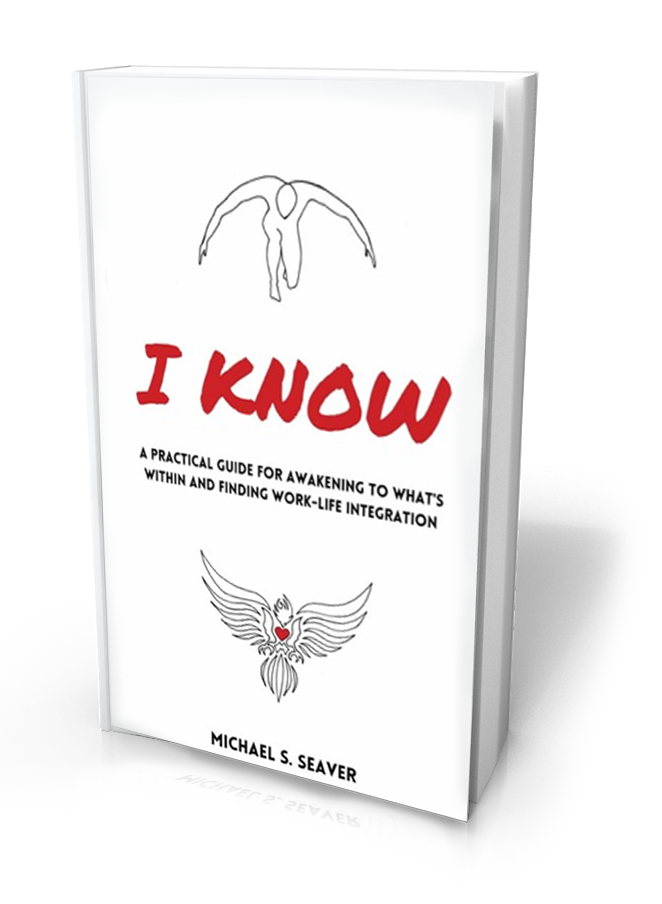

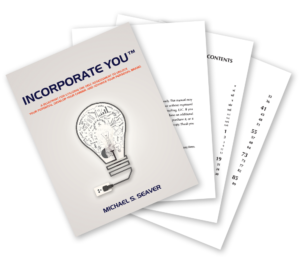
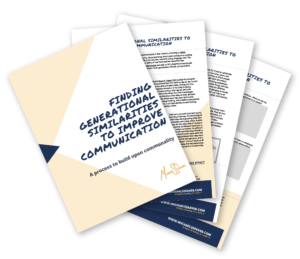
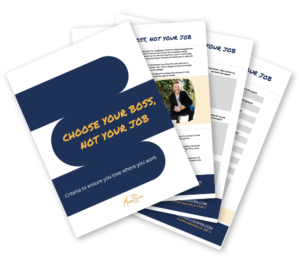
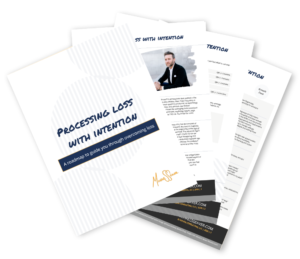
Connect with me